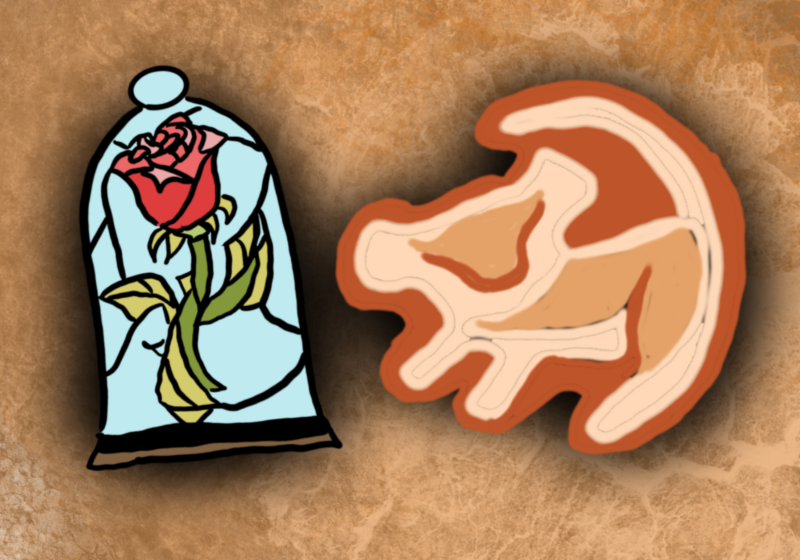Editor’s note: This letter has been written in response to an anonymous op-ed published last week, titled “Inside the Health Promotion Office.”
To the Editor:
We were disappointed to see that the Campus Times October 17 (online) / October 19 (print) Opinion piece “Inside the Health Promotion Office” included misinformation and omitted some of the key initiatives the office is engaged in to support our diverse student populations. We’d like to emphasize our commitment to quality care at University Health Service, clarify the variety of ways we collect and use data to drive our programming effort, share the strategy behind our initiatives, and highlight some of the programs we are currently offering to address the diverse target audiences we serve.
Overall Quality of Care
At University Health Service (UHS) we continually strive to serve our students in a way that aligns with our core values – caring, respect and excellence. According to our Patient Satisfaction Survey, we are proud to say that approximately 90% of respondents were satisfied or very satisfied with the care they received. This has been consistent in our survey population for over a decade.
For students who have feedback to share, we have created many avenues to do so which are more effective than a Campus Times article. We encourage students to consider these options in the future:
- On our Concerns & Praise webpage, students will find a feedback form to share their thoughts with us. This can be entered anonymously, or students can request personal follow-up. Every entry is reviewed by the UHS Leadership Team twice per month.
- If students have a concern that they don’t feel comfortable talking about with their provider, they can contact our Patient Advocate.
- Students who are motivated to truly make a change “from the inside” are encouraged to join the UR Student Health Advisory Committee (URSHAC) or our Peer Health Advocate (PHA) intern program.
A Data-Driven Approach to Programming
As the author noted, the UHS Health Promotion Office (HPO) launched its annual American College Health Association – National College Health Assessment (ACHA-NCHA) in February of 2020 and received a response rate of 13.9%
- A comprehensive marketing plan was used to promote the survey and included email, print and social media promotion, direct in-person outreach, and an incentive strategy.
- This response rate was similar to the national cohort of 39,602 respondents which represented 14.1% of students surveyed across all participating institutions in the United States.
However, the ACHA-NCHA is only one of many sources that the HPO uses to direct the development of services and programs.
- Other surveys conducted over the past 18 months include the Coalition on Student Mental Health and Wellness mental well-being survey, remote learning survey, graduate student wellness survey, and the Active Minds mental health survey.
- This quantitative data along with qualitative feedback gathered through URSHAC, PHA Intern team, and focus groups is all used to drive the development of programs and services offered by the HPO.
Strategy and Framework
The HPO is a small office responsible for health promotion programming for a large population. Therefore, we must be strategic with how we utilize our resources to make the biggest impact to support the varying needs of a diverse student body.
- Our strategy is guided by the social ecological model, which includes four levels that impact well-being (individual, social, environmental, policy). We focus our efforts on some targeted individual programs, as well as strategies that improve campus culture and shift social norms.
- Offering more programs at the individual level for each target audience, as the author suggests, is not going to result in the greatest impact, nor is it feasible without unlimited resources.
- We also recognize that we don’t have the capacity to focus on all health topics for every population, so we support, promote, and collaborate on programming with our campus partners such as the University Counseling Center, the Burgett Intercultural Center, the Title IX Office, and the International Services Office.
Inclusive Health Promotion Programs and Services
If the author was to examine more closely how the HPO supports our diverse student body, particularly students with marginalized identities, they would note:
- Past programs such as Out Breath (a meditation space created for LGBTQ+ students), The Inner Work of Racial Justice book group, and a diverse UR Connected peer coaching staff. Additionally, the Mindfulness for Us program the author mentioned will continue to be offered to students of the BIPOC community in future semesters.
- The addition of a Diversity, Equity, and Inclusion workgroup for URSHAC. They will be focusing on numerous projects this year including the creation of educational materials for transgender students and developing guidelines for offering gender-affirming care.
- A full-time Program Coordinator who was hired for the HPO earlier this year. One of her primary focus areas is inclusive health. In this role she will be creating targeted programming for Pride and Queer Students of Color, becoming certified as a Safe Space facilitator, and is spearheading a year-long mandatory LGBTQ+ training for all UHS clinical and administrative staff.
Collaboration and Constructive Feedback
As part of a learning institution, it is important that we encourage students to think critically about topics like their health care, public health, and inclusive health promotion. We encourage students to partake in an open dialogue that uses constructive ways to share their thoughts and opinions. We work hard to create a space where students feel welcome to share their unique perspectives and ideas directly with us. With collaboration, understanding and grace we can all work together to create health promotion programming that is truly ever better.
Amy McDonald, MS, CHWP
The writer is the Associate Director for Health Promotion at University Health Service and a member of the UHS Leadership Team.
Ralph Manchester, MD
The writer is the Vice Provost & Director of University Health Service and Professor of Medicine.





